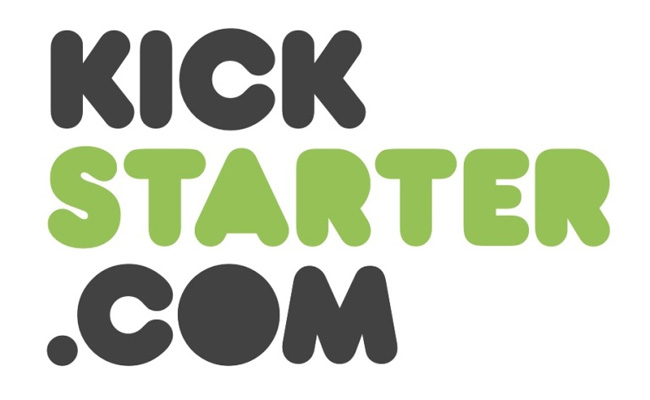Developers from the popular Kickstarter project Code Hero recently revealed that the team had run out of money. This was after several of them had quit higher-paying jobs in order to work on what they thought would be an educational project—and now that they aren’t earning any money whatsoever, they’re having a lousy December, to put it lightly. This description actually isn’t too uncommon in the gaming world, with many games running out of funds and cancelling before release, as well as many games getting delayed for months or years before fans hear news about them. What makes this case interesting is that gamers are the ones who funded the game in advance—so they know exactly how much the company had to start with, and on top of that have already purchased their copy.
Developers and publishers can learn a huge amount from this rare case of a transparent game failure—we know exactly how much they had, how large their team was, and what goals they had in mind. For a game to run out of money so quickly without publication means we can easily track exactly how much—or how little—of that money was spent on developing the game. As Code Hero developers are complaining, it can teach major publishers a valuable lesson that Rockstar may have learned too late—respect your developers as much as you respect the game you’re making. Communication is incredibly important in keeping a team together, and as the game moves on to a volunteer workforce, it had better rack in money soon before developers are unable to continue supporting the game.
It’s not as if Code Hero was on a limited budget—their goal was $100,000 dollars, and they exceeded this by over $70,000, making the total amount of income an impressive $170,954, not including later Paypal donations. Despite this success, very little has been heard from the developers since the Kickstarter campaign ended. The projected August 2012 release date was missed, with little to no explanation. Fan speculation is what kicked off this whole ordeal—fans that figured the project was ruined and dared the developers to prove them wrong. With a little more communication, the developers could have revealed how close they are to completing the game and sated the appetites of these fans, without causing the huge drama that currently surrounds the project and keeping donators confident in their decision to support the game.
Not everything goes as planned with game development, and Code Hero is one example of that. While the developers work to complete the final edition of their product (because it actually is close to completion, if you fish around for details on the game), the lack of communication and respect between both developers and customers has caused the game to hit a rut that its launch may not be able to solve. Major publishers and developers can take home a clear lesson from this Kickstarter campaign—always keep your developers and your fans informed as to the state of your game.



0 Comments